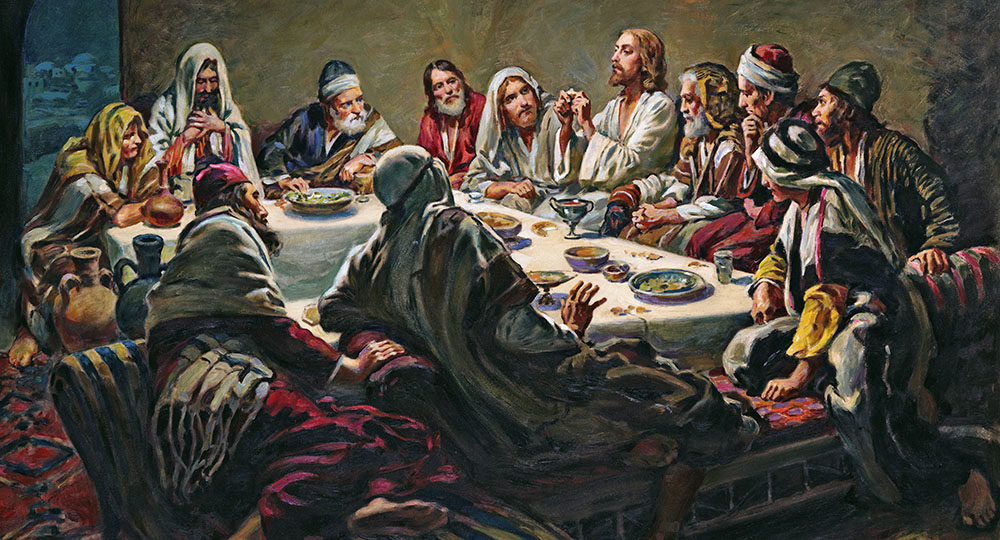


Drive through almost any town in America on a Sunday morning and you’ll see church parking lots filled with cars. Yet a cultural revolution is taking...
Of all the Passovers that have ever been celebrated, only one was the actual Passover. It took place more than 34 centuries ago when the God of...
As we sat around the Passover table, my host took us back in time to the days when his grandfather conducted wonderful seders that would last for...
Sweet treats and wonderful aromas always awaited me at my grandmother’s home on Passover. Even today, I have vivid memories of delectable...
Preparations for the evening were ready. When the hour had come, Jesus and His disciples went to an upper room, where they reclined around a low...